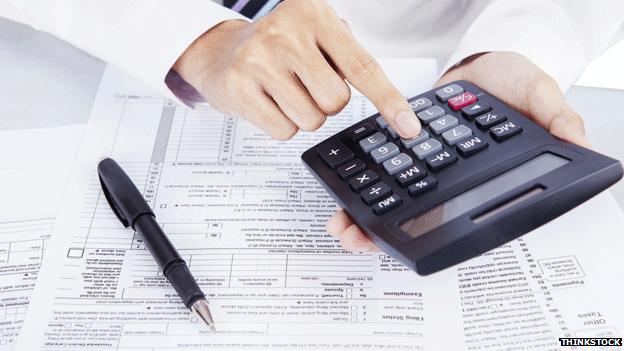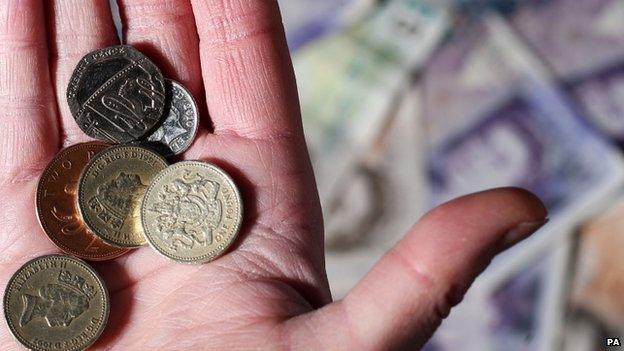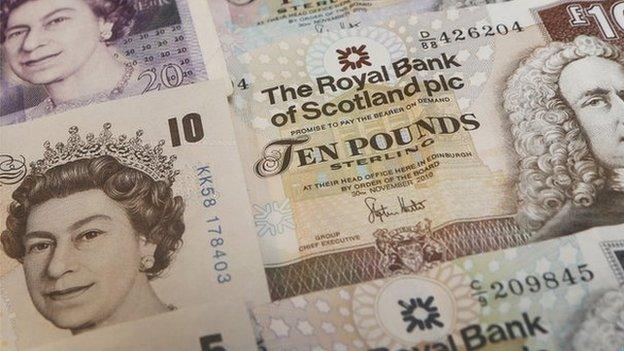Who is reading what into the latest GERS figures?
- Published

Thinking back, thinking forward. Survey the latest batch of GERS figures, external (no, nothing to do with Ibrox, Government Expenditure and Revenue Scotland.)
In doing so, I recall a previous such presentation when the senior civil servant attending the briefing said the sums offered no verdict whatsoever upon the prospects for Scotland under independence.
Statistically, he was reminding us that a changed power structure, an altered constitution would have its own dimensions, its own economic momentum, up or down, depending upon the allocation of resources and the policies subsequently followed.
But we in the wicked media simply smiled at him, tolerantly and patiently. GERS was a political exercise from the outset and remains so.
As I recall, it was initially established by the Conservatives in order to demonstrate, they hoped and believed, that Scotland would be better without devolved self-government or independence.
Of late, Scottish government ministers have tended - understandably, from their perspective - to argue that GERS shows the relative strength of the Scottish economy.
Tax take
With today's figures, affected as they are by falling oil revenues, the emphasis from the SG has changed just a fraction.
Again understandably, the First Minister spotlights Scotland's revenue contribution to the UK. The Scottish Secretary tends to talk more of the net fiscal balance, revenue and spending.
So Nicola Sturgeon's statement opens with the point that Scotland's tax take for the financial year in question was £400 per capita higher than the rest of the UK.
Alistair Carmichael notes that Scotland's deficit, even including a geographical share of oil, was 8.1% of GDP compared with a UK figure of 5.6%. (The comparable figures for the current, day to day, balance, incidentally, are 6.4% Scotland, with oil, and 4.1% UK.)

Mr Carmichael says he wants to enforce the retirement of "myths" about the Scottish economy, emphasising in the process the case for the Union. The figures are, he said, "concrete proof" that the majority opinion on September 18 was wise.
Ms Sturgeon insists the figures are "testament to the inherent strengths of the Scottish economy." She insists further that, over a ten year period, Scotland's current budget balance - current, note - has been on average stronger than the UK.
Which, opponents argue, is one way of saying that the figures for the year in question are less than helpful to her cause - as, perhaps, was always to be expected in the light of the oil figures.
The FM concludes, however, that "such analysis tells us very little about the choices and opportunities with greater autonomy."
She adds: "It shows Scotland under the status quo, without full access to the levers to grow our economy and use the proceeds to invest in public services."
That now retired civil servant would be nodding sagely at the first pronouncement - while no doubt maintaining a diplomatic silence on the second.
- Published11 March 2015
